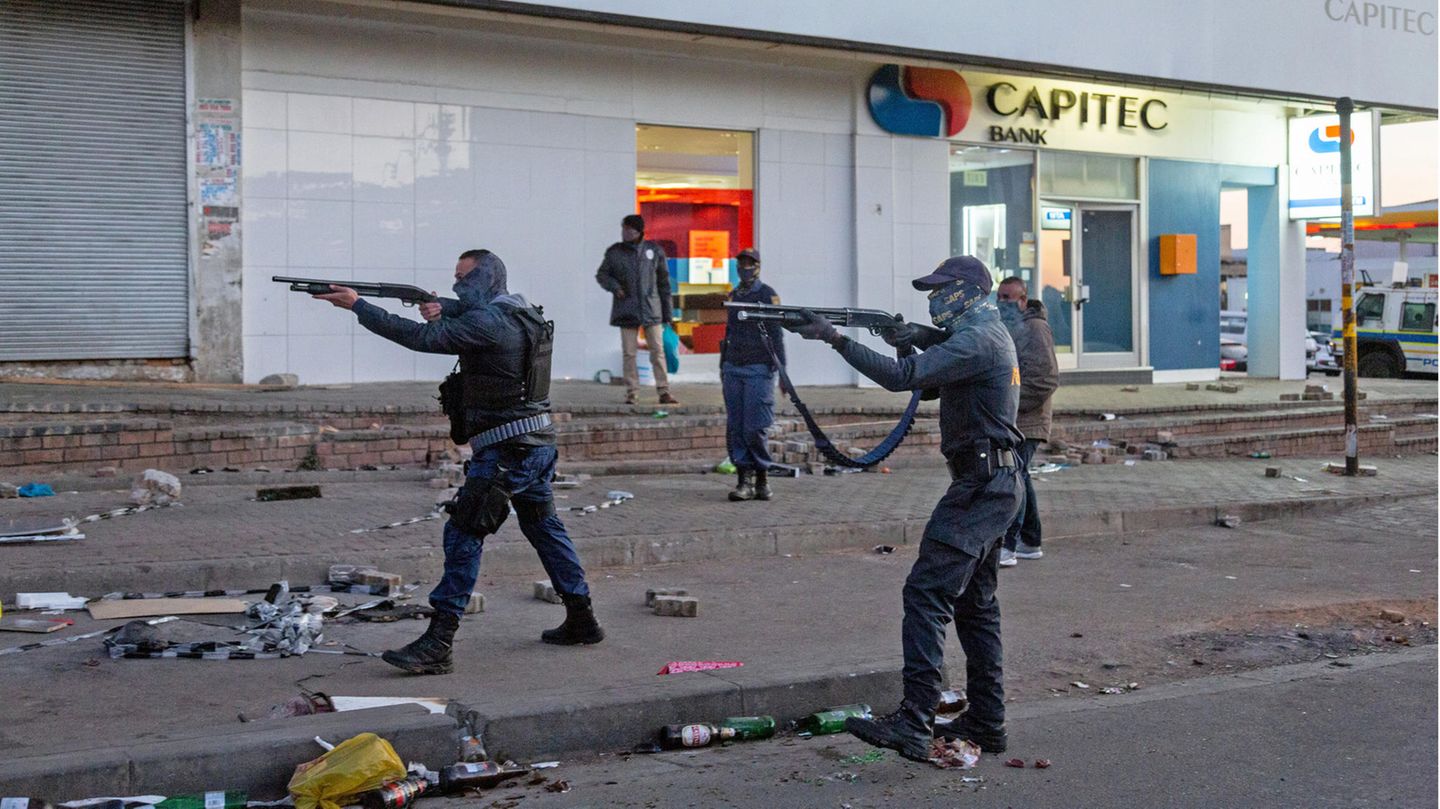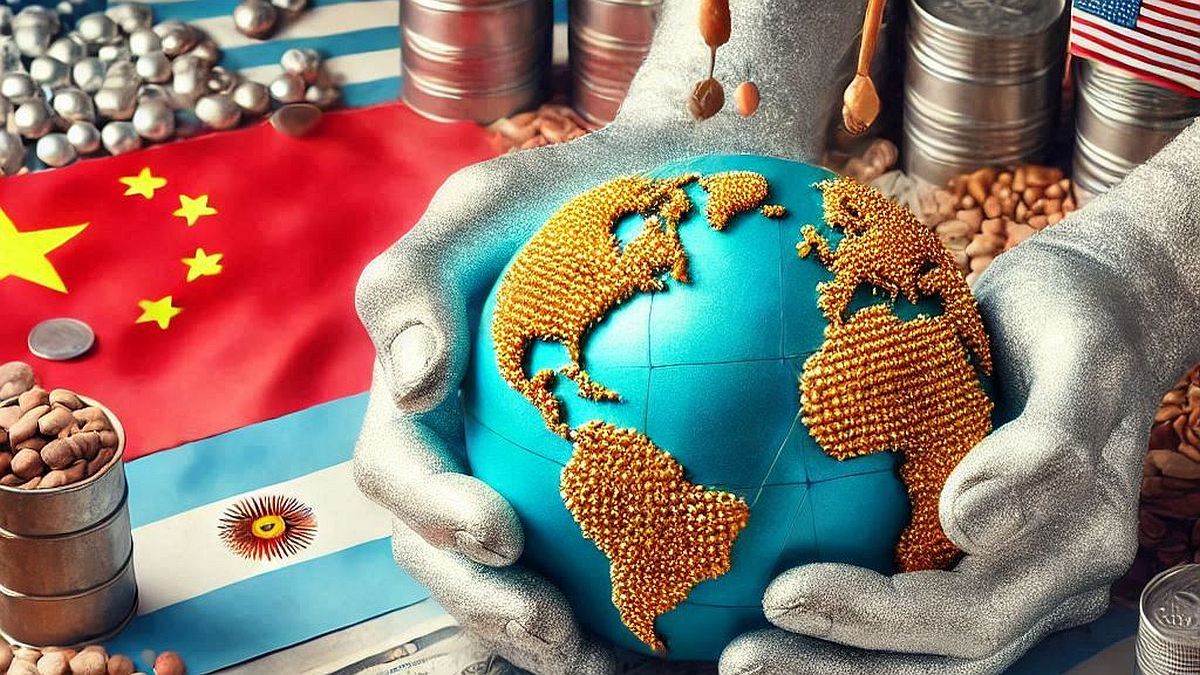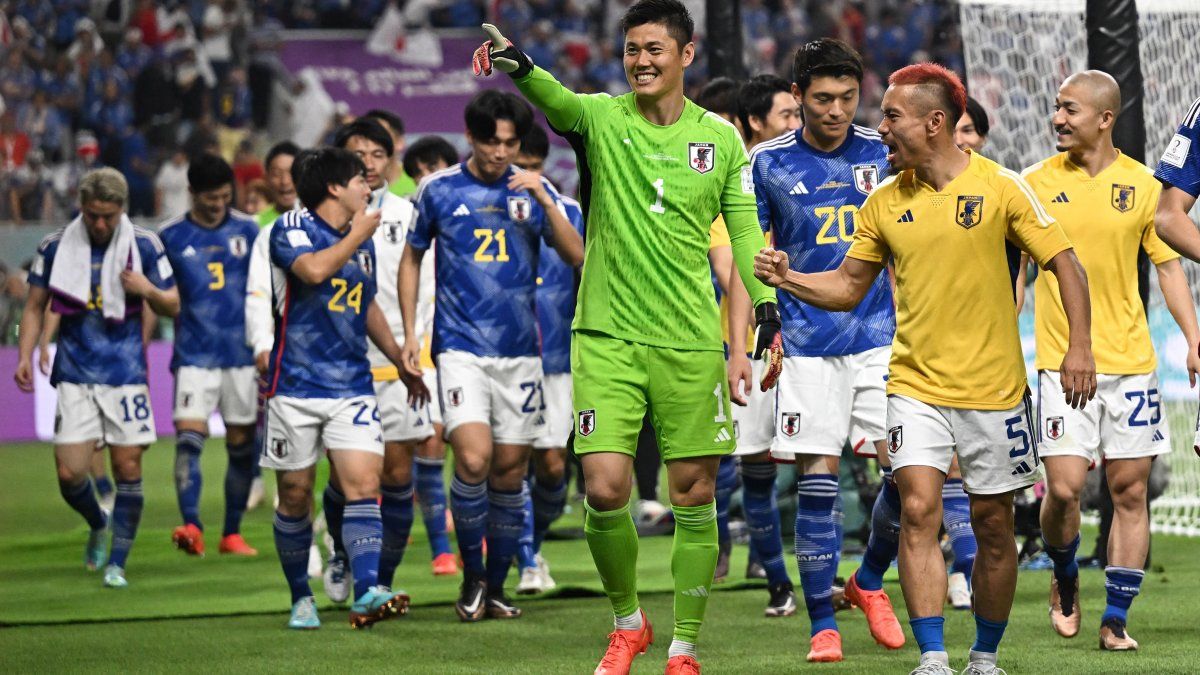Under the impression of the days of protests and looting in parts of the country, South Africa is celebrating the international “Mandela Day” this Sunday. The day commemorates the birthday of the first black President of the Cape Republic, Nelson Mandela, of his work of reconciliation after the abolition of racist apartheid.
This year the motto is “Law, Rule of Law and Food for All”. It is also intended to commemorate the adoption of the state constitution 25 years ago, which is considered to be one of the most progressive in the world. It then officially came into force on February 4, 1997.
But the country is currently experiencing a wave of violence. “We have lost our innocence, racism is raising its ugly face again,” said Sello Hatang of the Mandela Foundation in a TV interview on Friday. The extreme inequality and widespread poverty in the country is a ticking time bomb. “We are a violent democracy, we can do that better,” he said. Those who disregard and trample Mandela’s values should be held accountable. Each individual now has to ask himself difficult questions.
President Cyril Ramaphosa spoke of “planned” riots. Those responsible wanted to provoke an “uprising”, he said in a televised address. The government will do everything in its power to hold them accountable.
While many South Africans hailed the ex-head’s arrest as a success for the rule of law in the country, supporters of Zuma took to the streets in protest. The protests turned violent in many places. There was looting, especially in the Gauteng province with the metropolis of Johannesburg and in KwaZulu-Natal. According to the government, many of the victims died in mass panics related to the looting, but some were also gunshot wounds.
2500 arrests in a week
President Ramaphosa admitted on Friday evening that the authorities were “not sufficiently” prepared for the riots. At the same time he underlined: “We will find those who instigated this violence.”
Ramaphosa’s cabinet member Khumbudzo Ntshavheni had previously spoken of “advanced” investigations into those responsible for the unrest. A suspect was arrested for inciting the riot and 11 others are being monitored, she said. Gradually, the country is returning to “normalcy,” said Ntshavheni.
In total, more than 2,500 people were arrested in connection with the violence and looting over the past few days. To curb the violence, the government announced on Wednesday the mobilization of around 25,000 soldiers – ten times more than originally planned.
On Friday, a military helicopter landed in the Johannesburg suburb with army commander Rudzani Maphwanya on board. “We will make sure that no one will challenge the authority of the state,” he said. “We will counter violence with violence.”
As a result of the violence and looting, supply chains and transport connections were also interrupted, which triggered fears of food and medication shortages in South Africa, which was hard hit by the corona pandemic. Long lines formed in front of supermarkets in the city of Durban on Friday. City residents reported that bread prices had risen sharply.
Agriculture Minister Thoko Didiza called on the residents of other provinces to refrain from “panic buying”. “We have enough food supplies in this country,” she said. “The immediate problem in the supply chain for KwaZulu-Natal is being addressed as a matter of urgency.”
David William is a talented author who has made a name for himself in the world of writing. He is a professional author who writes on a wide range of topics, from general interest to opinion news. David is currently working as a writer at 24 hours worlds where he brings his unique perspective and in-depth research to his articles, making them both informative and engaging.




